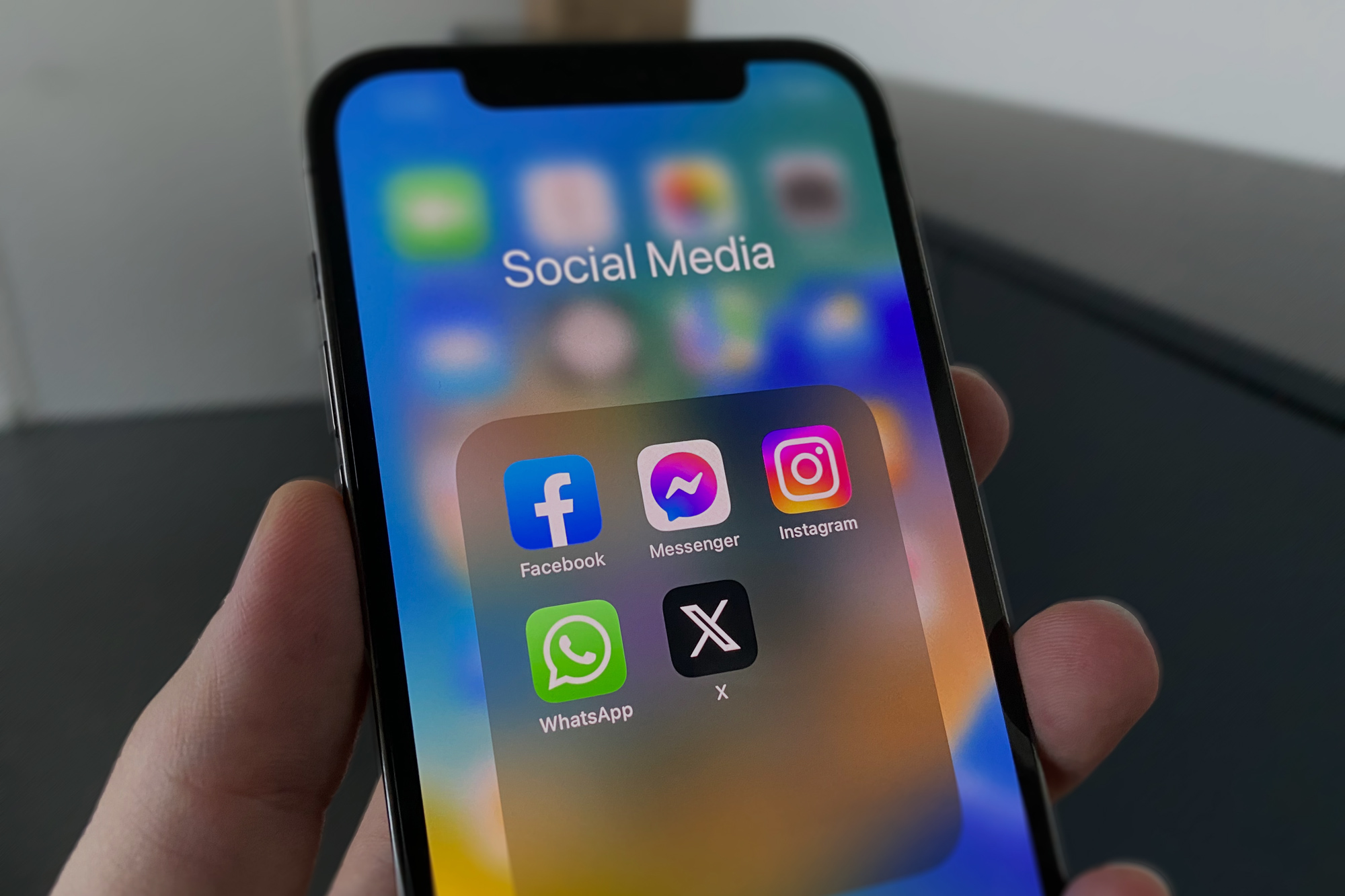Employers request a lot of information from job applicants. From resumes and cover letters to portfolios, letters of recommendation and even background checks, there are a lot of factors they consider when it comes to selecting who they hire and who they don’t. However, one crucial aspect often overlooked is the connection between social media and job opportunities. 71% of hirers consider social media an effective way to screen job applicants. During this process, they will review social media profiles across all the popular platforms to learn more about candidates and see if they are a good fit for the organization. With so many employers relying on social media background checks to help them choose employees, it’s important to know what employers are looking for and how to maintain a positive online reputation for yourself.
Understanding the Relationship between Social Media and Job Opportunities
Management takes social media screenings seriously. If they find anything they deem inappropriate on applicant profiles, they won’t think twice about moving on to another candidate, regardless of skill or experience. 88% of hirers even say they would fire current employees over social media posts or activities they find distasteful. Since a single post could determine whether or not you land or maintain a job, it’s important for both job seekers and employees to be mindful of what they post.
Companies will not tolerate:
- Offensive comments or remarks, whether intentional or not
- Inappropriate content, including photos or posts involving sexually explicit content, drugs or alcohol
- Violent or aggressive comments or content
How to Prepare for a Social Media Screening
Employers and hiring managers probably won’t directly tell you that they are going to take a deep dive into your profiles. So, you should prepare your online presence in advance and anticipate a social media background check as soon as you apply. Taking these steps could help you pass this test and even score you some bonus points with recruiters.
Conduct an Audit
Start by searching yourself through Incognito mode on your computer and see what comes up. (This is how many employers start their search.) What profiles show up in the search results? What images appear? Consider how hiring managers might perceive these results. Would they get the right impression of who you are?
Manage Public and Private Profiles
Similar to how businesses have public social media pages and their employees have private profiles, it’s a good idea to separate your professional and personal presence through different profiles. Set your personal pages to private while maintaining public profiles on professional platforms like LinkedIn. Orient posts on these public profiles toward employers, promoting your skills, interests, passions, previous work and career highlights.
Don’t Delete Your Profiles
Except if you have any old accounts that you no longer use, of course. When hiring managers conduct social media background checks, they anticipate finding some kind of online presence. If they don’t find one, many automatically assume that the candidate in question has something to hide. While that may not actually be the case (some people just don’t use social media), it may be viewed as a red flag.
Clean Up and Be Conscious of Your Posts
Remember the kinds of content that employers won’t tolerate. If you have any posts on your profiles that give you second thoughts, you should consider deleting them. This underscores the significant relationship between social media and job opportunities, where a single post can influence hiring decisions. It’s also helpful to double-check spelling and grammar for clarity. Yes, employers will be looking at that too!
Get the newsletter.
Tech news, training programs, job prospects, events, and more.



